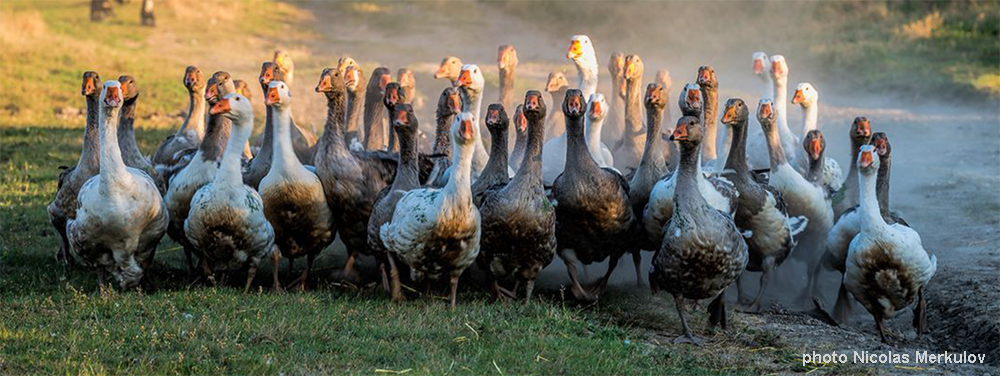Speaker
Description
In modelling biological evolution, a major mathematical challenge consists in an adequate quantification of selective advantages of species. Current approaches to modelling natural section are often based on the idea of maximization of a certain prescribed criterion – evolutionary fitness. This paradigm was inspired by the seminal Darwin’s idea of the ‘survival of the fittest’. However, the concept of evolutionary fitness is still somewhat vague, intuitive and is often subjective. On the other hand, by using different definitions of fitness one can predict conflicting evolutionary outcomes, which is obviously unfortunate. In this talk, I present a novel axiomatic approach to model natural selection in dynamical systems with inheritance in an arbitrary function space. For a generic self-replication system, I introduce a ranking order of inherited units following the underlying measure density dynamics. Using such ranking, it becomes possible to derive a generalized fitness function which maximization will predict long-term evolutionary outcome. The approach justifies the variational principle of determining evolutionarily stable behavioural strategies. I demonstrate a new technique allowing to derive evolutionary fitness for population models with structuring (e.g. in models with time delay) which was so far a mathematical challenge. Finally, I show how the method can be applied to a von Foerster continuous stage population model.

